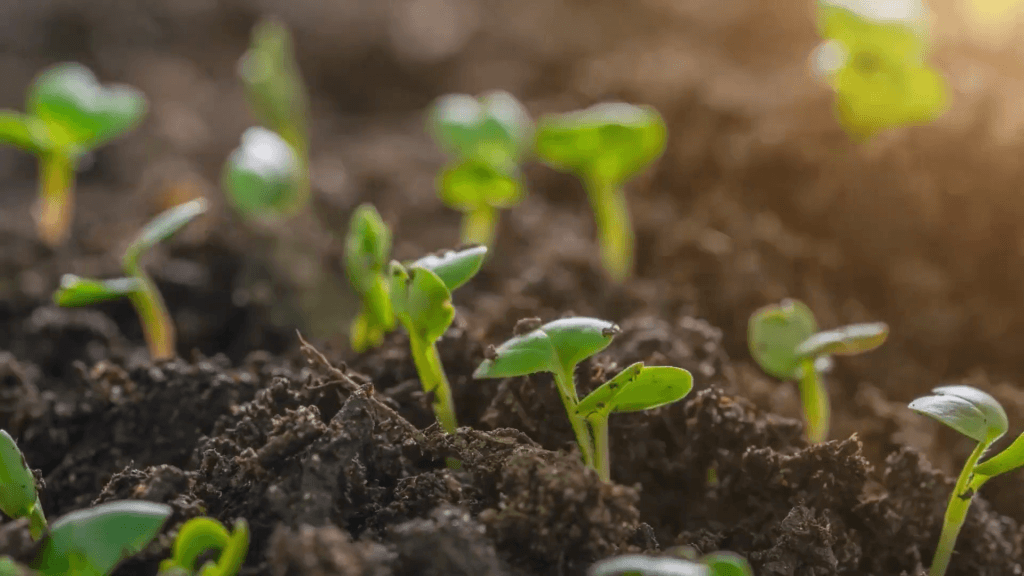A recession is looming closer and taking farmers’ profits with it. In addition, farmers continually face rising costs, inflationary pressures, regulatory obligations and increasing demands for sustainably produced food – the inflation genie is out of the bottle, and it could be challenging to get it back in. As a result, farmers are tightening the purse strings; however, maintaining good soil health during a recession will increase a farm’s long-term profitability.
New Zealand’s farming practices have long depended on grass and livestock that eat grass. It has been the economic backbone of the agricultural industry pre the European settlement era and a well-established reputation for being the best at converting pasture to protein as milk and meat. However, there are still areas for improvement in this process. Studies have shown that New Zealand farmers have the smallest carbon footprint when producing milk and meat compared to other countries.
During a recession, it’s crucial to comprehend the significance of soil health.
A farm’s profitability begins in the soil; therefore, ensuring a farm’s profitability must start with prioritising the soil quality. Farmers benefit from regular soil testing and monitoring to better understand soil conditions. There are sixteen essential elements required for optimal pasture and animal health. However, it’s possible to spend unnecessary money on factors that are not needed.
Factors to consider:
- Soil temperature at 10cm is a good indicator. A drop down to 5 – 6 degrees C stunts growth.
- Falling below 25% of soil moisture content slows growth.
- The pH (acidity) level and 13 key elements are required for plant growth.
Phosphate is a key element for plant growth. Any phosphate applied needs to stay in the soil and not runoff as particulate P or leach into subsoils. Much of the loss is related to the soil type, climate, Anion storage capacity, and overuse of soluble forms of P.
Mitigating P losses:
- < 40% ASC greater potential to lose P from soil
- Apply little bit often
- Important to use right product
- Apply slow-release P & S products
- Combo of water soluble/slow-release P & S is best because of high nutrient levels. Animals excrete 66% of what they eat.
- MAF’s recommendation is for soil pH to be between 5.8 and 6.0 based on the dry matter production. The ideal pH is around 6.2 – 6.4 if you consider quality of feed, more clover growth, greater earth worms (which aerate the soil), more calcium in the diet, and phosphate less tightly held by the soil.
Proper fertilisation is crucial for enhancing water quality and maximising nutrient use efficiency. On the other hand, incorrect application of fertilisers can harm the quality of grass and crops and eventually animals, resulting in decreased profitability, emphasising the importance of obtaining the correct independent soil advice.
Maintenance fertiliser refers to the nutrients needed to balance the nutrients removed from the farm through meat, wool, milk, crops, and silage with the nutrients remaining in the soil.
Several factors, including soil type, topography, stocking rate, future land use, crops, and rainfall, impact the requirements for maintenance fertiliser.
Different farming operations and production areas on a farm have varying maintenance requirements. Nonetheless, when applying fertiliser, it is vital to aim for soil fertility levels no higher than the recommended nutrient range for optimum plant growth, known as agronomic optimum.
In autumn, it is crucial to understand how specific nutrients react in the soil to reduce the risk of nutrient loss. For example, when applying phosphate, avoid high-risk months (April-October),and defer application if rainfall is likely to cause runoff within seven days.
When testing the soil it is imperative to avoid dung and urine hotspot patches that can skew readings because of high nutrient levels. Animals excrete 66% of what they eat.
The soil can yield lush and nourishing pasture by ensuring a proper equilibrium, resulting in happy animals and contented farmers.
Dr Gordon Rajendram is a New Zealand Independent Soil Scientist specialising in Soil Fertility, Agronomy & Farm Environmental Consultancy.
Gordon Rajendram
9 Kakanui Avenue, Hillcrest, Hamilton 3216
P: 021 466 077
Web site: https://gordonrajendramsoilscientist.co.nz/
‘ Bringing science to the farm.’
Phillip Quay
P: 0274 587 724
facebook.com/mediapa
